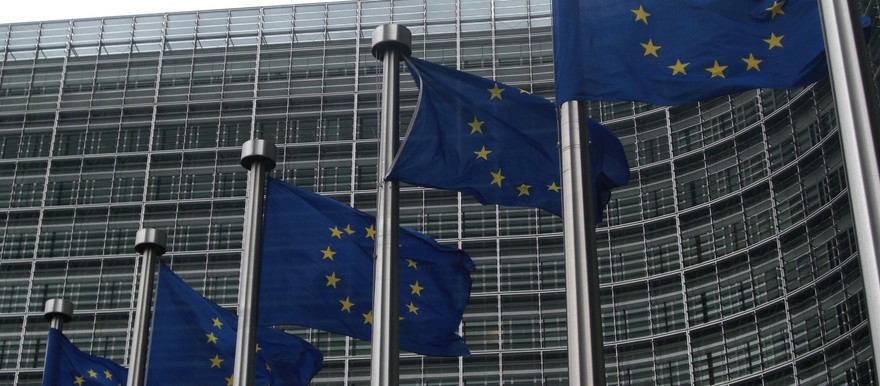Diplomats call for additional dialogue on ‘administrative areas’

Diplomats of five European countries, the European Union and Canada on Tuesday said there remain issues that will require further discussion among the parties before and after the formation of the unity government.
President Salva Kiir on Saturday made a compromise by cutting the 32 states back down to the original 10 -- a key opposition demand -- to pave the way for a transitional government of national unity.
But Kiir also included on top of the 10 states, three administrative areas of Ruweng, Abyei and greater Pibor.
Opposition chief Riek Machar said he rejected those three administrative areas, calling upon Kiir to reconsider the creation of the three areas.
“Saturday’s announcement, including the Administrative Areas, requires additional dialogue among the parties. Many challenges also remain with respect to the Transitional Security Arrangements. We encourage parties to engage in these discussions as soon as possible, collaboratively and with a spirit of compromise,” reads a statement from the foreign diplomats.
They added, “The Heads of Mission recognise the important decision by President Kiir on Saturday 15th February on the issue of states. This is a significant step towards the formation of an inclusive Revitalized Transitional Government of National Unity (RTGoNU) and towards the peace that the South Sudanese people so urgently need and so richly deserve.”
The diplomats said they look forward to working with the inclusive transitional government of national unity to strengthen support to the people of South Sudan for social and economic development.
The statement was issued by the European Union Delegation to South Sudan, the Heads of Mission of France, Germany, the Netherlands and Sweden, and the Heads of Mission of Canada and Switzerland.